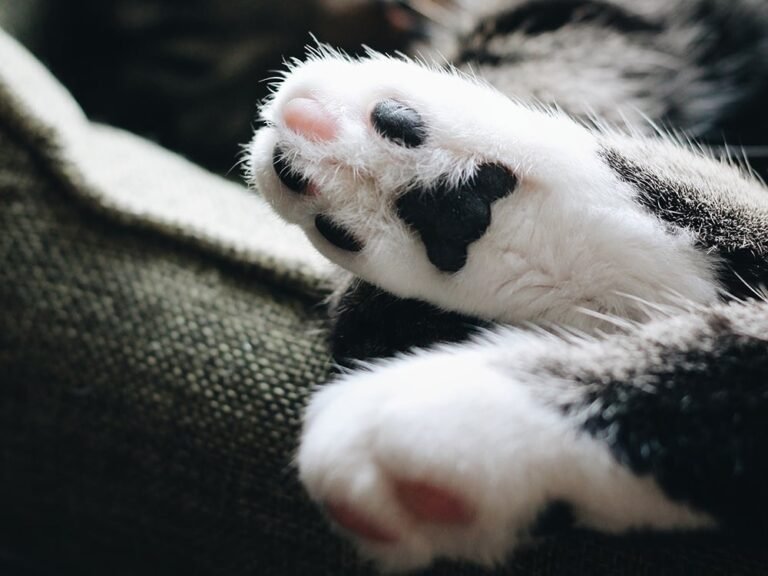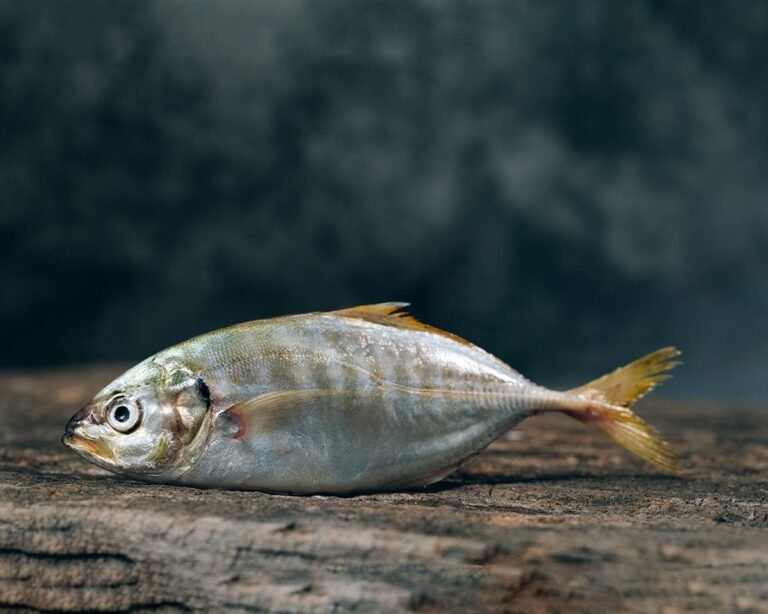Poisson d’avril
The French idiom “poisson d’avril” literally means “fish of April”, which sounds meaningless and nonsensical. But in fact it refers to the name of any April Fool’s Day joke or prank, carried out on the 1st April in any year.
It was first used towards the end of the 17th century, because the word “poisson” (fish) could also mean “pimp,” a man also referred to as a “maquereau” (mackerel), a variety of fish which is especially abundant in April.
A second theory is that New Year’s Day used to be celebrated on April 1st, not January 1st. King Charles IX decreed in 1564 that New Year’s Day would from then on be celebrated on January 1st. People who resisted this change were given fake “gifts” on April 1st to mock them.
A third theory is that in Ancient Greece, April 1st was the day that the god of laughter was celebrated.
A fourth theory is that April 1st is the end of the period of Lent, during which practicing Christians abstain from meat in favour of fish. Some people gave a gift of fake fish to others who were desperate to eat red meat again.






